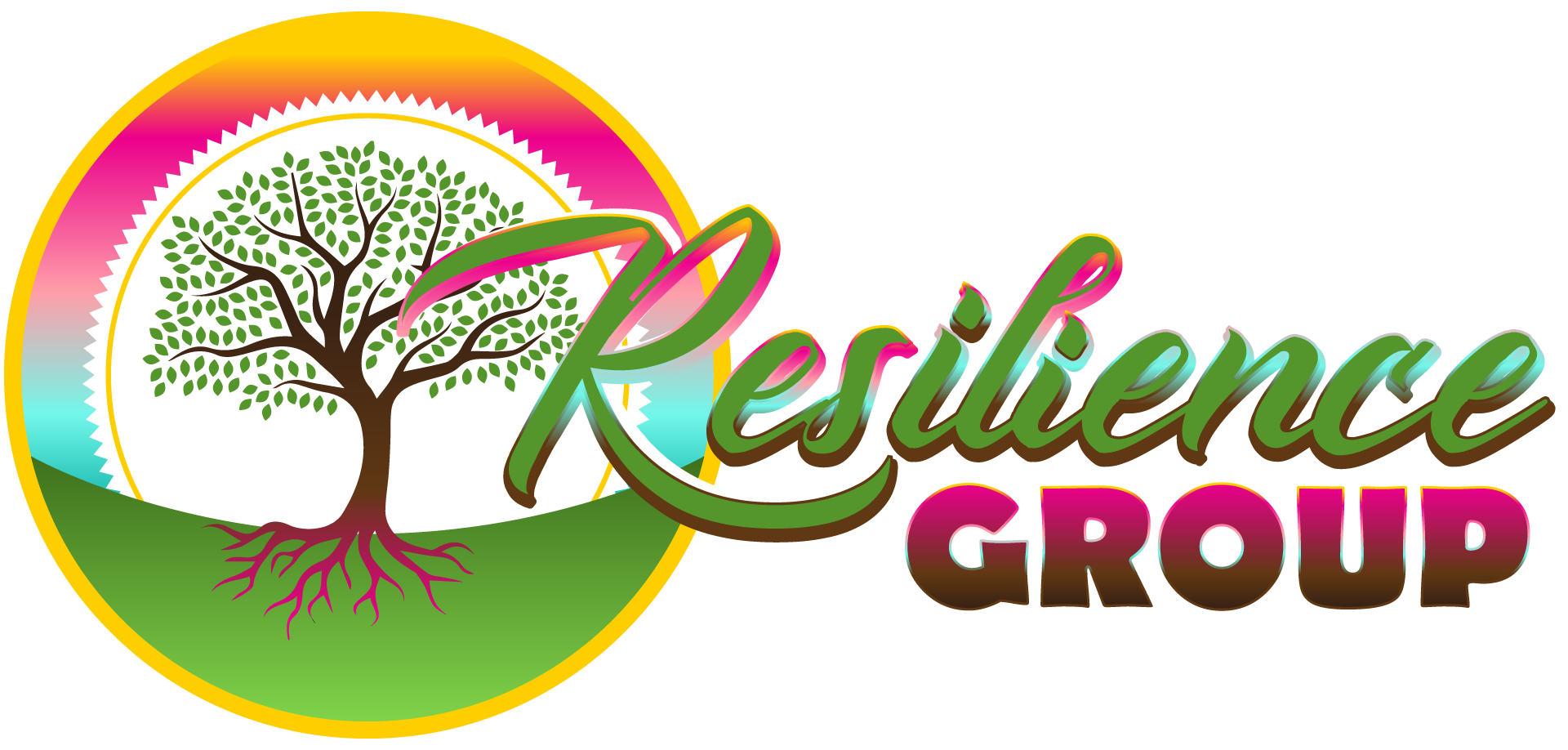Approaches & Techniques
Trauma-Focused Therapy
Trauma-Focused Therapy is a specific approach to psychotherapy that aims to help individuals address, process, and recover from the psychological and emotional impact of trauma. It is designed to reduce trauma-related symptoms and improve overall functioning by integrating evidence-based techniques that focus on the traumatic experience and its effects. Trauma-focused therapy is applicable for individuals of all ages and is particularly effective in treating Post-Traumatic Stress Disorder (PTSD) and related conditions.
Core Principles of Trauma-Focused Therapy:
-
Trauma-Informed Care:
- Therapy is delivered with an understanding of the impact of trauma, emphasizing safety, empowerment, and collaboration.
-
Focus on the Traumatic Event:
- The therapeutic process involves discussing and processing the trauma in a way that is sensitive to the client’s emotional readiness.
-
Resilience and Strengths-Based:
- Therapy emphasizes the client’s resilience and uses their strengths to support healing and recovery.
-
Safe and Supportive Environment:
- A key goal is to create a safe space where clients feel secure, understood, and validated as they work through their trauma.
-
Adaptability:
- The approach is tailored to the specific needs, age, and cultural background of the client, ensuring individualized care.
Goals of Trauma-Focused Therapy:
-
Reduce Trauma-Related Symptoms:
- Address symptoms such as flashbacks, nightmares, hypervigilance, and emotional dysregulation.
-
Reframe the Trauma Narrative:
- Help clients process and make sense of their traumatic experiences, reducing feelings of guilt, shame, or self-blame.
-
Build Coping Strategies:
- Teach skills to manage distressing emotions, intrusive thoughts, and triggers in a healthy way.
-
Enhance Emotional Regulation:
- Support clients in regaining control over their emotional responses and reactions.
-
Restore Functioning and Relationships:
- Facilitate recovery by improving daily functioning, self-esteem, and interpersonal relationships.
Common Approaches in Trauma-Focused Therapy:
-
Trauma-Focused Cognitive Behavioral Therapy (TF-CBT):
- Combines cognitive-behavioral techniques with trauma-specific interventions to address distorted thinking patterns and develop healthy coping mechanisms. Often used with children and adolescents.
-
Eye Movement Desensitization and Reprocessing (EMDR):
- Uses bilateral stimulation (e.g., guided eye movements) to help clients reprocess traumatic memories, reducing their emotional intensity.
-
Prolonged Exposure Therapy (PE):
- Involves gradual and repeated exposure to trauma-related thoughts, feelings, and situations to reduce avoidance and desensitize emotional reactions.
-
Somatic Experiencing:
- Focuses on the body’s physical responses to trauma, helping clients release tension and restore a sense of safety in the body.
-
Narrative Therapy:
- Encourages clients to create a coherent and empowering narrative of their trauma, separating the trauma from their identity.
-
Mindfulness-Based Approaches:
- Incorporates mindfulness practices to help clients stay present and manage trauma-related distress without becoming overwhelmed.
Techniques in Trauma-Focused Therapy:
-
Psychoeducation:
- Educating clients about trauma and its effects to normalize their experiences and foster understanding.
-
Grounding Techniques:
- Helping clients stay present and manage overwhelming emotions, such as through breathing exercises or sensory focus.
-
Cognitive Restructuring:
- Challenging and reframing unhelpful beliefs related to the trauma, such as self-blame or feelings of helplessness.
-
Relaxation Skills:
- Teaching relaxation techniques, such as progressive muscle relaxation or visualization, to reduce anxiety and stress.
-
Gradual Exposure:
- Supporting clients in facing trauma-related thoughts or situations in a safe and controlled manner.

Applications of Trauma-Focused Therapy:
-
Post-Traumatic Stress Disorder (PTSD):
- A primary treatment for addressing the symptoms and impacts of PTSD in children, adolescents, and adults.
-
Complex Trauma:
- Used for individuals who have experienced chronic or repeated trauma, such as abuse, neglect, or domestic violence.
-
Grief and Loss:
- Helps clients process traumatic losses and rebuild a sense of meaning and connection.
-
Trauma from Natural Disasters or Accidents:
- Provides support for those recovering from life-threatening events or sudden crises.
-
Interpersonal Trauma:
- Addresses the effects of physical, emotional, or sexual abuse, as well as bullying or relationship violence.
Effectiveness:
-
Research-Based:
- Trauma-focused therapies, particularly TF-CBT and EMDR, have strong empirical support for their effectiveness in reducing trauma symptoms and improving quality of life.
-
Wide Applicability:
- Effective across various age groups, cultural backgrounds, and types of trauma.
-
Strengthening Resilience:
- By focusing on empowerment and healing, trauma-focused therapy helps clients rebuild confidence and hope for the future.
Conclusion:
Trauma-Focused Therapy is a specialized approach that addresses the psychological impact of trauma with sensitivity and care. By focusing on the client’s strengths and providing evidence-based interventions, it empowers individuals to process their experiences, reduce trauma-related symptoms, and reclaim their well-being. Its adaptability and proven efficacy make it a cornerstone of trauma recovery across diverse populations and clinical settings.
Contact
(435) 313-8533
Location:
Resilience Group
Saint George, UT 84770
In-person and telemedicine available
